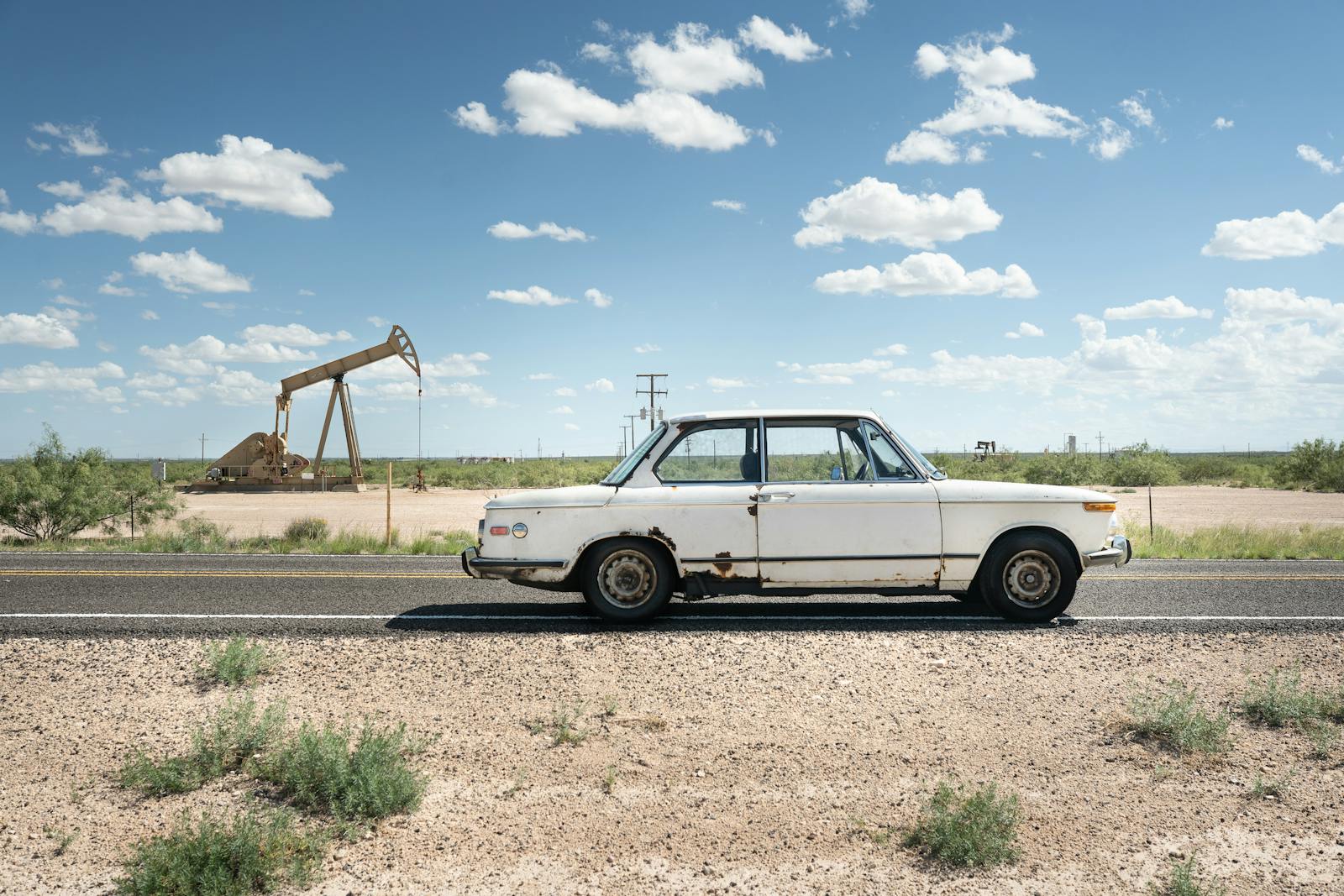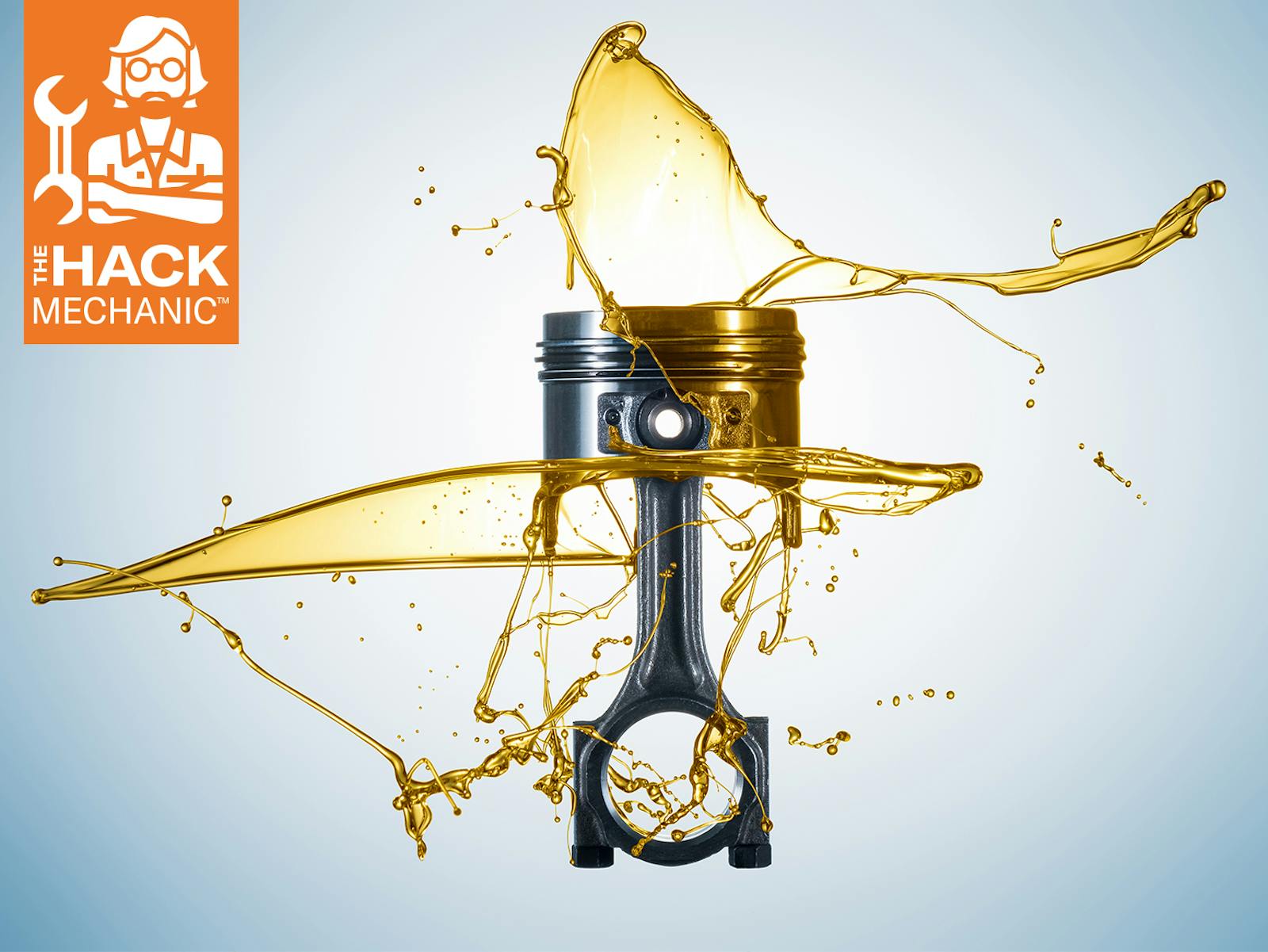20-something British car specialist exemplifies the power of experience
Secondary education has long been sold as a necessary steppingstone to greater things. For Nate Kulpa, however, it was a speed bump, something he’d have to slow down for on the road to his dreams.
“For a senior-year high-school assignment, I had to draw up career goals for five, 10, and 20 years,” Kulpa says. “I first wanted a job in the automotive field, then [specifically] in classic restoration, and then, finally, own my own shop. I ended up doing all of that in three years.”
Kulpa got interested in engines as a 10-year-old kid living in suburban Chicago, where every neighbor boy but him seemed to own a Razor dirt bike or motor scooter. “My parents couldn’t afford to buy me any of that stuff,” he says. His solution: He built his own minibike from scratch.
“I asked for a welder from Harbor Freight for my birthday, an engine for Christmas, and then sold all my toys to buy a chain and wheels. Everything else was handmade, even the tensioner sprocket I fabricated from an old skateboard wheel.”
When the family relocated to Arizona, Kulpa enrolled in Mesa’s East Valley Institute of Technology, where he achieved certifications in car maintenance and light repair. He also entered and won some SkillsUSA Championships—contests to showcase the abilities of technical students. That’s about the time the classic-car bug bit him. “I was 16, at a Goodguys event, when I found a 1971 Mustang Mach 1 for a steal. My parents helped pay for it, and I paid them back.”
Kulpa’s SkillsUSA wins against older competitors got him noticed by the RPM Foundation. He received invites to RPM programs at car events and concours, where he networked and eventually landed jobs at two respected shops in the Phoenix-Scottsdale area.
20191009192840)
“I always had side projects going on,” Kulpa says. “That led to a customer approaching me about a Mini that needed ‘a little work.’ I expected a late-model Mini, but it was actually a 1966 Morris Mini Minor that showed up at my parents’ house on the back of a flatbed as a painted shell with six pallets of loose parts.”
Kulpa hated every minute of the job. “It was like assembling a giant LEGO set without instructions. So I watched a lot of YouTube videos and asked a lot of questions on forums. When I finally got the car together and drove it, I loved it.”
For the next year, Kulpa ran a mobile restoration business out of a 1964 Austin Mini panel van, but he longed for his own space. He struggled to find a bank to back him, insurance coverage, and a property owner willing to rent space to a 20-year-old with no college degree. But in 2018, Wild Child Classic Cars opened for business, specializing in classic Minis and other British cars.
“Too many people push university as the only option, and it’s getting most of our youth into overcrowded career fields where they graduate under a mortgage-size debt,” he says. “Meanwhile, the trades suffer from an unavailability of workers. It’s something I’m experiencing now firsthand.”
Kulpa insists anybody with talent and motivation can succeed just as he has. “I know this is going to make me sound old,” he says, “but the biggest thing I see missing with young people today is drive. If you have the drive, the opportunities are definitely out there.”
The article first appeared in Hagerty Drivers Club magazine. Click here to subscribe to our magazine and join the club.
20191009192824)

